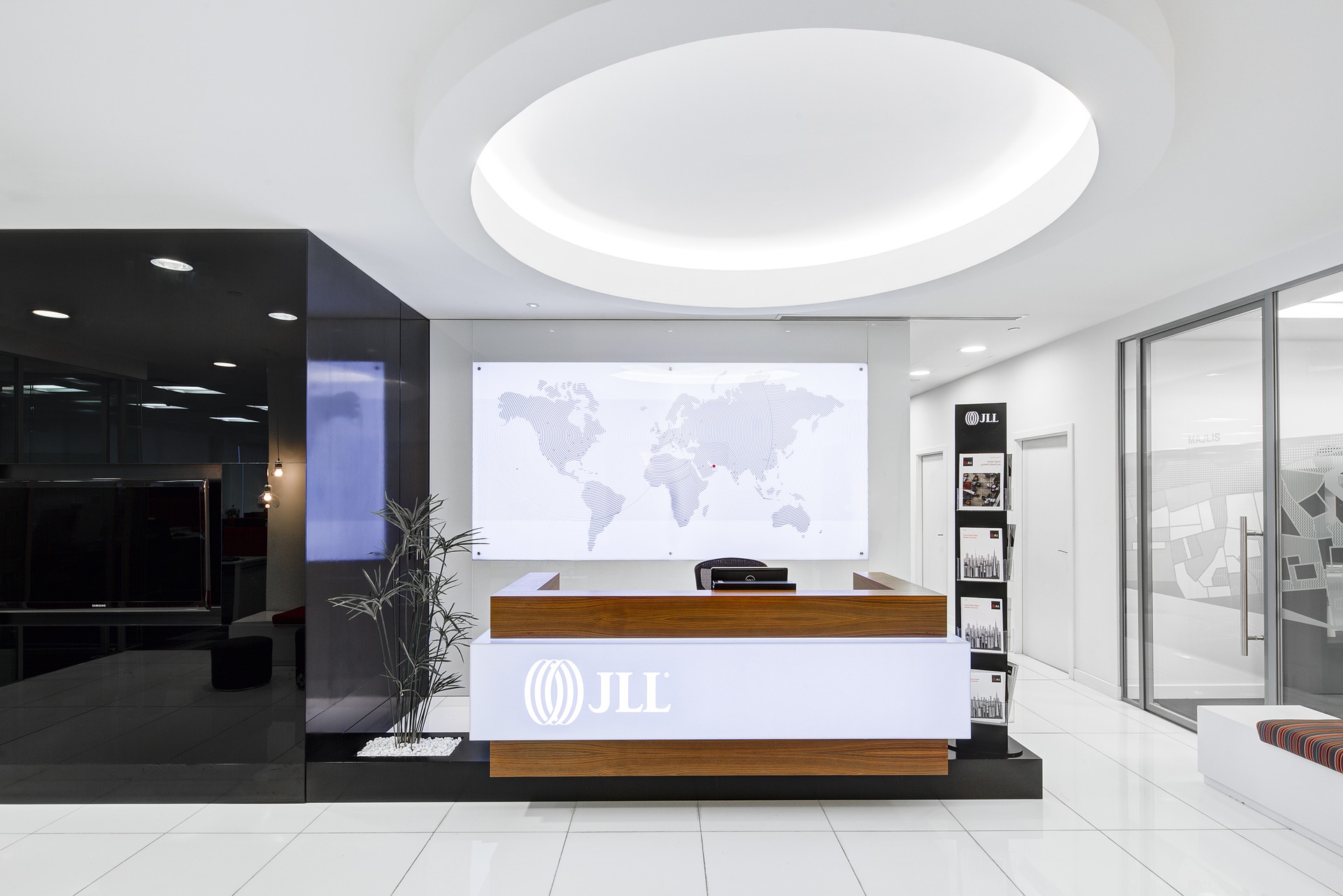
Getting light right: the importance of appropriate light levels on health in the workplace
During these dark winter months, where the number of hours of natural daylight we get is severely diminished due to our northern latitude, one of the most important considerations for our indoor environment is effective and efficient lighting.
The quality of indoor lighting not only has an impact on how comfortably we live and how effectively we work, but can affect our mood, energy levels, and even our long-term health.
Ensuring we get the correct amount of light and dark, at the appropriate times of day, is essential to a healthy life. The natural light-dark cycle offers a regular 24-hour rhythm with high levels of light during the day and darkness during the night.
However, in modern society, we use artificial light sources to prolong our day or brighten up the night. To compound this unnatural behaviour, we spend (on average) a shocking 90% of our time indoors!
This further reduces our exposure to natural light levels and can drastically upset our body’s internal clock – known as our circadian rhythms.
Circadian rhythms are mental, physical, and behavioural changes that follow a 24-hour cycle, running in the background to carry out essential functions and processes, and intrinsically tied to the cycle of day and night.
Regular, unnatural light levels are one reason why poor and interrupted sleep is such a common ailment in today’s society. This is something which can have serious repercussions on people’s ability to function effectively, as well as on their long-term physical and mental health.
Unnaturally low levels of light during the day, and high levels (particularly from electronic devices) at night, can confuse our biological clocks, leading to sleep disorders, which can in turn lead to chronic health conditions, such as obesity, diabetes, depression, bipolar disorder, and seasonal affective disorder.
Getting our lighting right is, therefore, very important, both in our homes and in our workplaces.
Natural outdoor light levels tend to range from around 2000 lux (the most common measure of illumination) on a cloudy day up to at least 100,000 lux on a bright sunny day, so getting outside a bit more will certainly help. So too will increasing the amount of natural light you get from windows and skylights.
However, even when curtains and blinds are opened, indoor light levels in an office or home are considerably lower than outside. At the level of the eye, indoor office light levels range on average between 100 and 500 lux.
These low, indoor light levels during the day decrease our level of alertness, and negatively affect our cognitive abilities – having a direct effect on our productivity and health.
Increasing indoor environmental light intensity during the day has been shown to increase levels of alertness. If the blue part of the light spectrum is increased in the daytime light source, even lower light intensities might be effective at combatting the negative effects on our circadian rhythms.
As long as these blue light levels are reduced in the evening – and this includes computer and mobile phone screens – it can help make it easier to fall asleep when we need to.
But does this increase in daytime lighting come at a financial and environmental cost by using more energy? Though it may take an initial investment to make the change, the short answer is no.
When compared to traditional fluorescent and incandescent lights, LED lights are up to 80% more efficient.
LED lights also have a much better power input to light output ratio, potentially making a great financial and environmental saving.
As well as this, LED lights last up to six times longer than other types of lights, reducing the requirement for frequent replacements, and this longer life span means lower carbon emissions.
Improving the quality and efficiency of lighting in the workplace is one of the key reasons why DRS is working in partnership with several other industry leading organisations and individuals – and also with the British Standards Institution (BSI) and our sister company EFT – to come up with a new set of standards for the health and wellbeing of non-domestic buildings.
This Publicly Available Specification (PAS) will create a set of standards for healthier buildings with the aim of improving the health and wellbeing of its occupants. It will direct how design, installation, operation, maintenance and ongoing monitoring, measuring and reporting can influence factors such as those outlined previously, and it will determine benchmarking parameters to develop a Wellbeing Performance Rating that could be applied to any building.
If you want to discuss the options for improving the lighting in your building, and how these changes can positively affect the health and productivity of the occupants, call Mark Phillips on 07534 321002 or email markphillips@drsfmservices.co.uk
If you want to find out more about the new Publicly Available Specification (PAS 3003) and would like to get involved and contribute to its development, contact us at info@eftconsult.co.uk
Mark Phillips
Mark Phillips is managing director at DRS, which is part of the RD Group – an innovative, high quality, multi-faceted group of companies providing full building services solutions.
He has over 40 years’ experience in the industry and has held several operational managerial and directorial positions with some of the UK’s largest firms since beginning his career as an electrical apprentice.
The role that he holds with DRS has made use of his expertise in: business planning; commercial and financial responsibility; HR; technical reviews; new products and processes, including Indoor environmental quality; building sensor technology; controlled environment agriculture; and resource to energy.
During his extensive career, Mark has been instrumental in the successful development of several business ventures, leading transformational change at project, programme and organisational levels.

